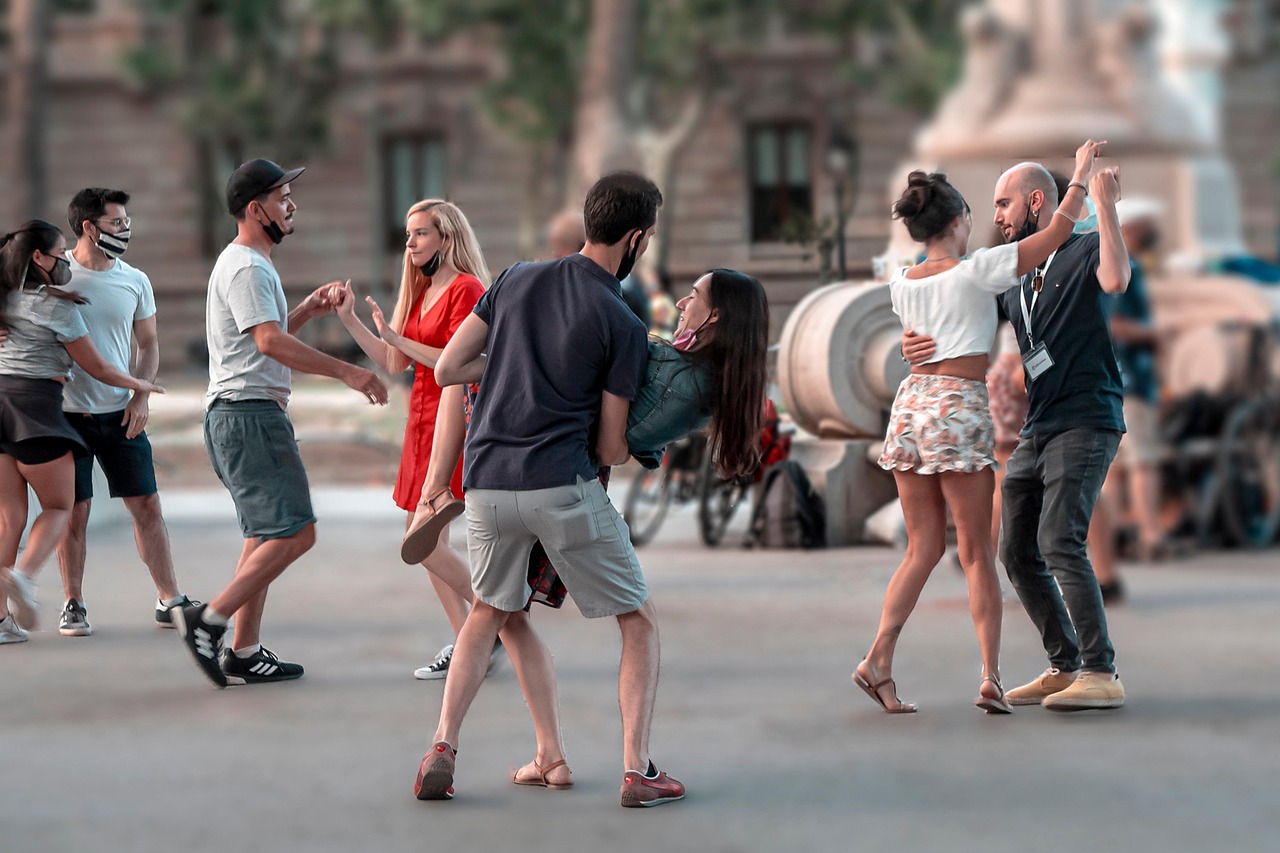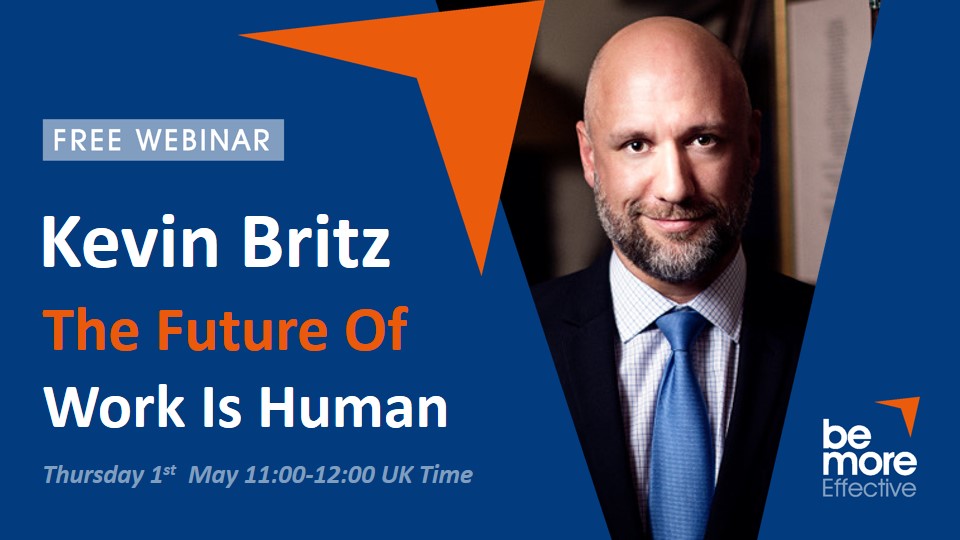The dance of the facilitators

What does dancing have to do with facilitation?
Ideally the interaction between facilitator and delegates should be like a dance. Dancing is one of the most powerful forms of human interaction, a partnership where those involved are having fun and learning to move in harmony. In the partnership of a dance, one partner leads the other follows. In many dances the leadership revolves and with experienced dancers it is hard for others to tell who is leading and who is following...
It can be the same with facilitators and those working with them. Questioning and listening, leading and following.
Questioning and listening skills are probably the most important skills of the facilitator. Through these primary communication skills so much is discovered and brought to light.
Socrates was reported as saying that a "question is the midwife that gives ideas birth" And he has forever become associated with the art of asking questions.
If you or I read a question it is hard to do much other than start to think about it. You may not be able to under the question, but you will generally spend time reflecting on it. Facilitators use questions to provoke reactions from delegates; to start discussions, to gain facts, to elicit feelings, to draw on or expand interpretations and to assist the decision making process. Questions can be used to enhance thought, check assumptions, to confront preconceptions, to raise awareness and gather information.
There are probably as many ways of asking questions as there are of answering them, but we probably have more models and methods of phrasing questions.
Open
Closed
Elaborative
Evaluative
Probing
Naïve
Metaprocess
Rhetorical
Leading
Multiple
Sweeping
But if listening is such a key skill...what are the models and methods we could bring to bear on our knowledge or skill and so improve how our effectiveness?
Let me know your thoughts on listening
For more information please send a message via the Contact Us Page. Or you can register for an upcoming webinar.


